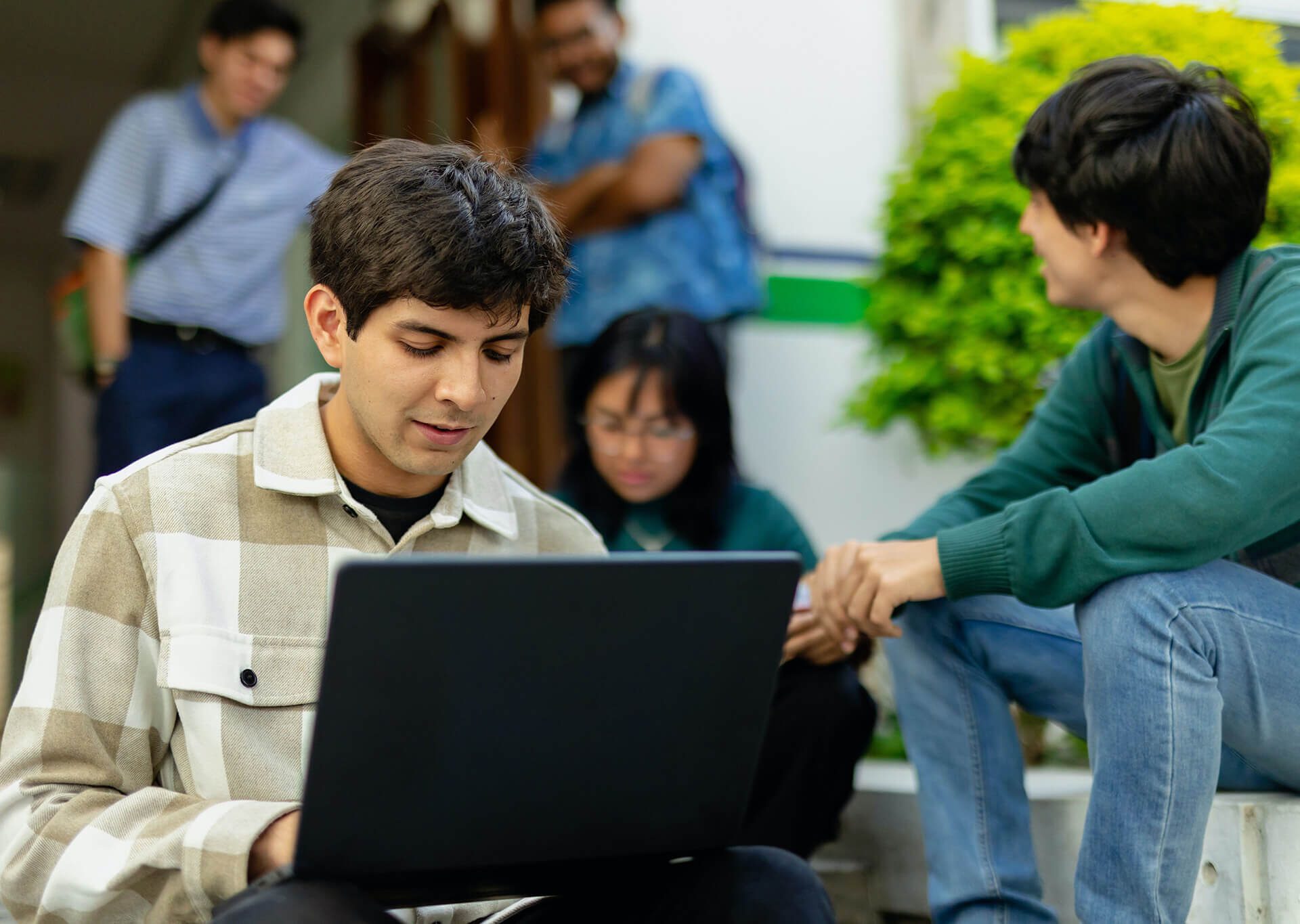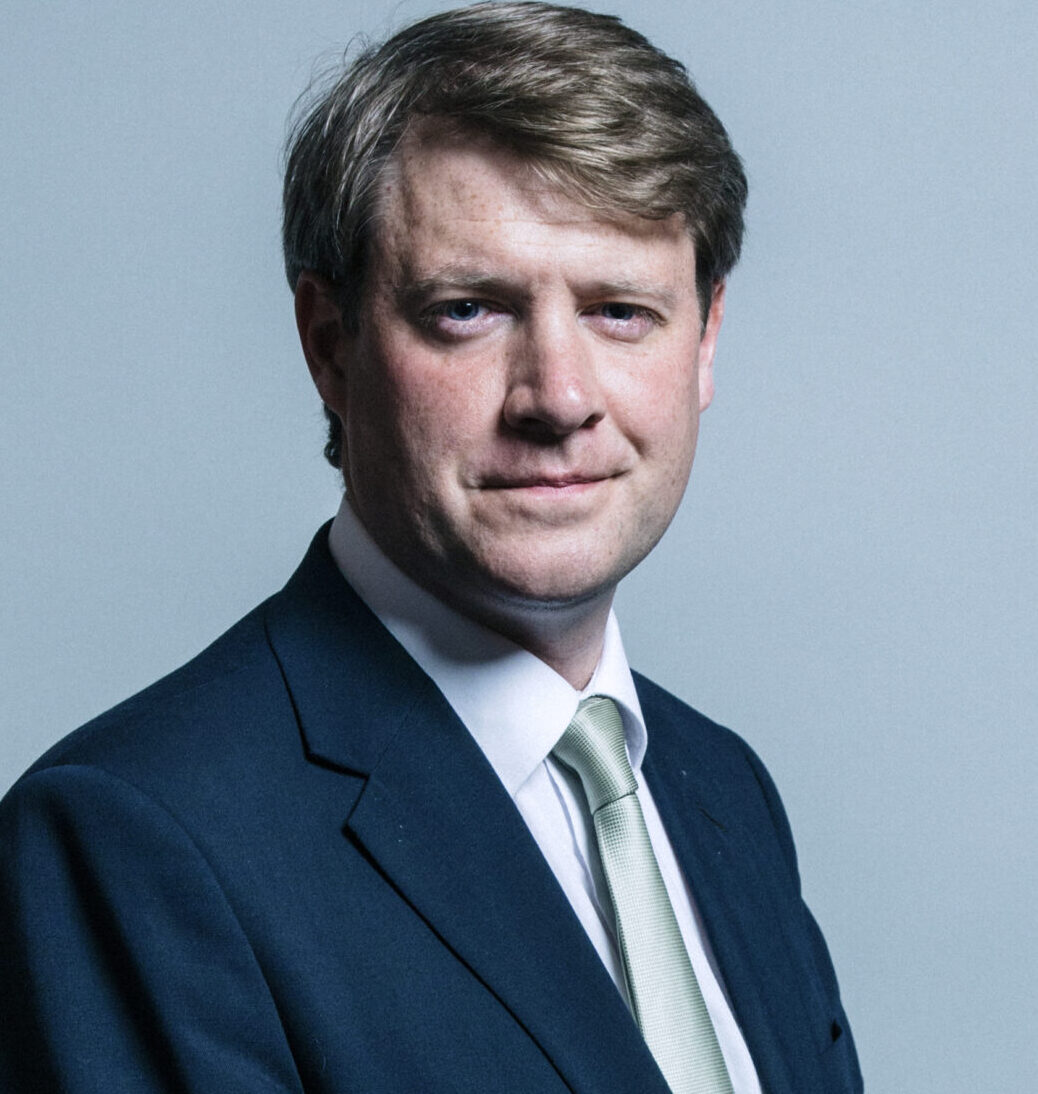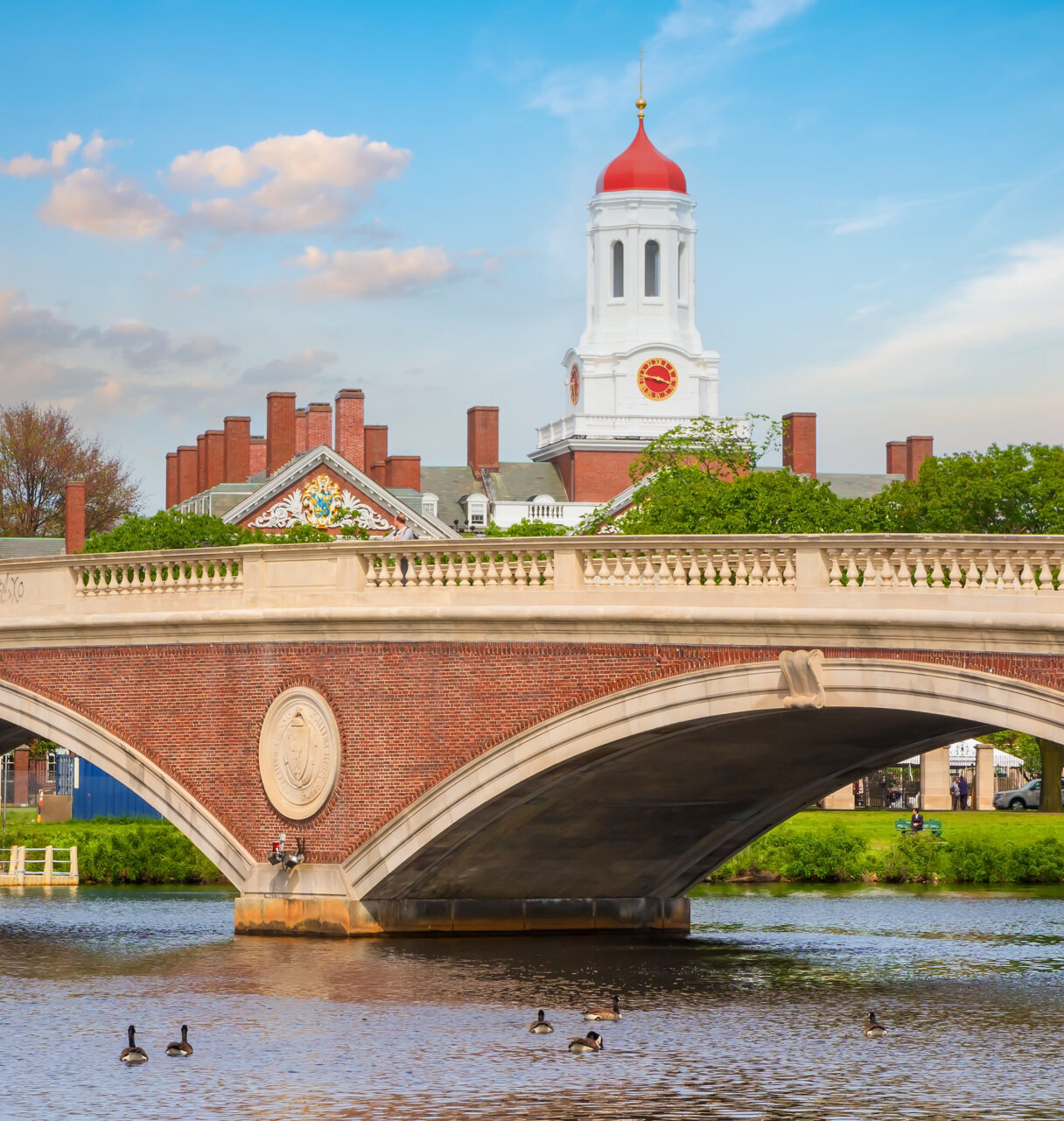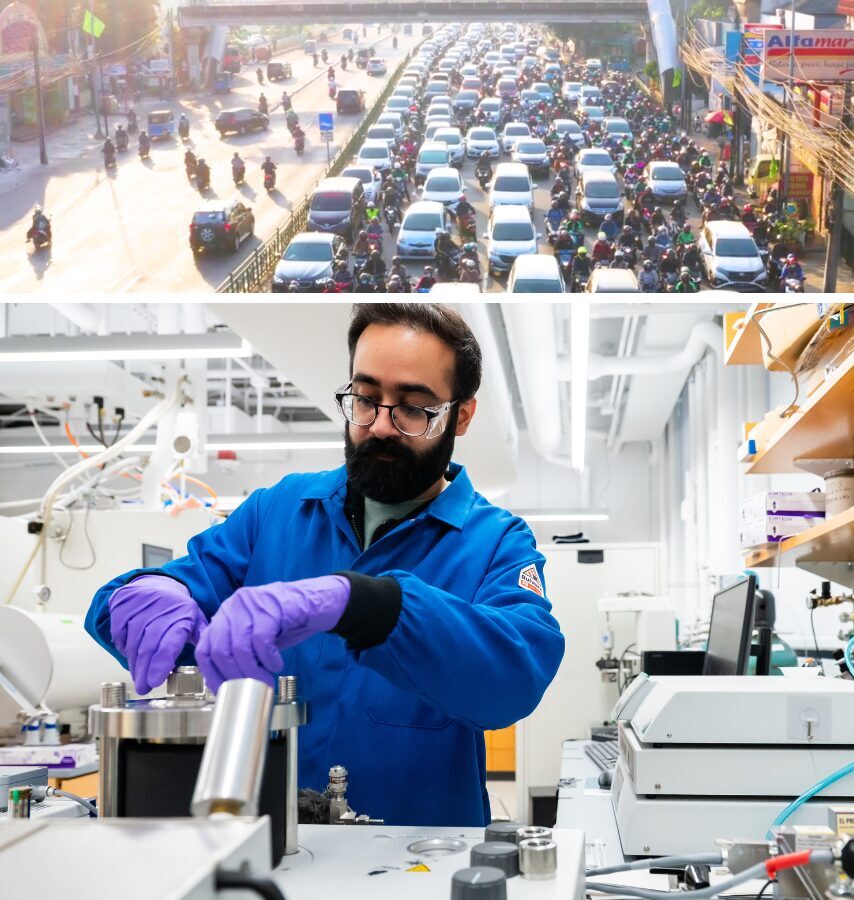The Sociotechnical Dynamics of Negative Emissions, Carbon Removal, and Solar Geoengineering
Thursday, Mar 28, 2024, 12:00 pm - 1:00 pm
HUCE Seminar Room 42926 Oxford St.
Cambridge
Join us for a lunchtime seminar featuring Benjamin Sovacool, Director, Institute for Global Sustainability & Professor, Earth & Environment, Boston University.
Abstract: Despite a long history of climate agreements since the Rio Earth Summit in 1992, greenhouse gas emissions have continued to grow over time, only temporarily slowed down by the first year of the COVID-19 pandemic in 2020. Negative emissions technologies (also known as carbon removal), including soil carbon sequestration, afforestation and reforestation, direct air capture, and bioenergy with carbon capture and storage, may be employed to remove carbon dioxide from the Earth’s atmosphere. Solar geoengineering technologies (also known as solar radiation management) such as stratospheric aerosol injection, aimed at reflecting a portion of incoming sunlight back into space before it reaches the Earth’s surface, could serve as an emergency measure to slow the risk of global warming, or create a stop-gap period of adjustment that gives countries time to adapt to the impacts of climate change. Both sets of negative emissions and geoengineering options could become widely deployed by mid-century. But their emergent benefits, risks, and impacts on justice, equity, and future climate pathways are uncertain. Drawn from a rich collection of original data as a part of the GENIE project, this presentation offers a meta-analytical framework where social science, engineering, and physical science disciplines merge for a comprehensive mapping of these prospective energy and climate transitions. It explores the environmental, technical, social, legal, ethical and policy dimensions of greenhouse gas removal and solar radiation management. It offers a critical scientific assessment of deployment options, controversies, and patterns of social acceptance and opposition for evidence-based policymaking to address climate change and a zero-emissions future.
Abstract: Despite a long history of climate agreements since the Rio Earth Summit in 1992, greenhouse gas emissions have continued to grow over time, only temporarily slowed down by the first year of the COVID-19 pandemic in 2020. Negative emissions technologies (also known as carbon removal), including soil carbon sequestration, afforestation and reforestation, direct air capture, and bioenergy with carbon capture and storage, may be employed to remove carbon dioxide from the Earth’s atmosphere. Solar geoengineering technologies (also known as solar radiation management) such as stratospheric aerosol injection, aimed at reflecting a portion of incoming sunlight back into space before it reaches the Earth’s surface, could serve as an emergency measure to slow the risk of global warming, or create a stop-gap period of adjustment that gives countries time to adapt to the impacts of climate change. Both sets of negative emissions and geoengineering options could become widely deployed by mid-century. But their emergent benefits, risks, and impacts on justice, equity, and future climate pathways are uncertain. Drawn from a rich collection of original data as a part of the GENIE project, this presentation offers a meta-analytical framework where social science, engineering, and physical science disciplines merge for a comprehensive mapping of these prospective energy and climate transitions. It explores the environmental, technical, social, legal, ethical and policy dimensions of greenhouse gas removal and solar radiation management. It offers a critical scientific assessment of deployment options, controversies, and patterns of social acceptance and opposition for evidence-based policymaking to address climate change and a zero-emissions future.

ADD YOUR EVENT TO THE SALATA CALENDAR
Are you hosting a Harvard-affiliated event that is related to climate change and/or sustainability? Please submit your event to the Salata Institute event calendar using this quick form! We look forward to sharing your event with the Harvard community.
Submit Your Event







